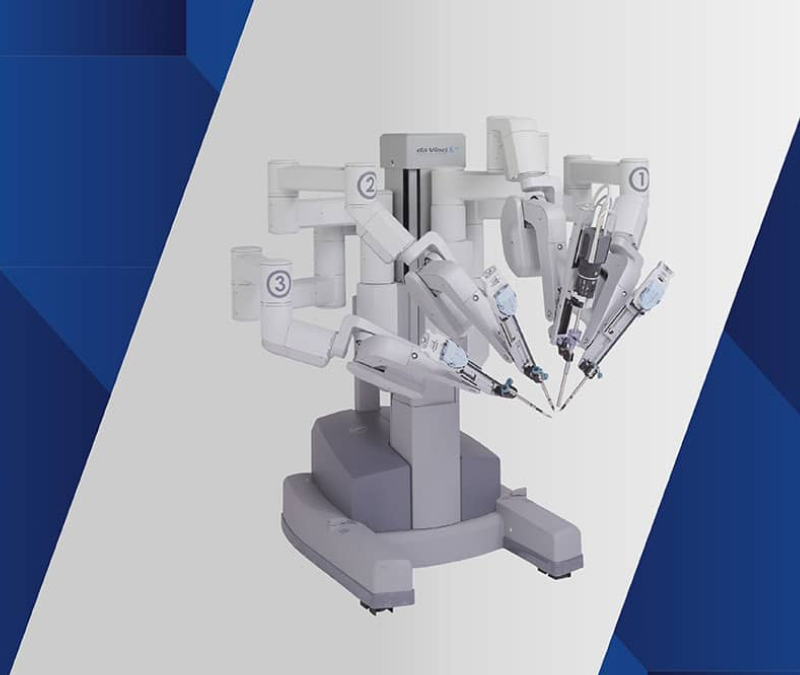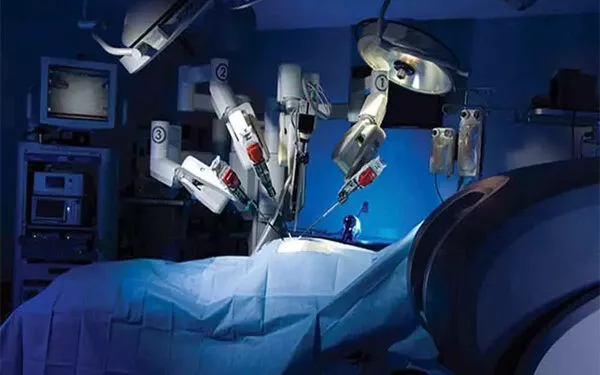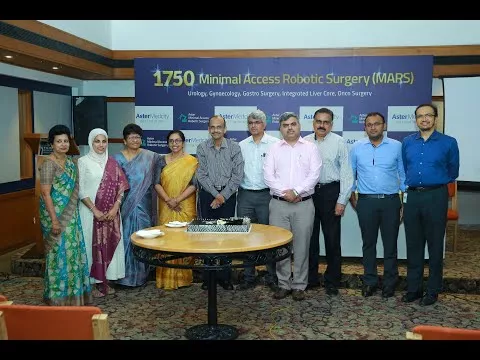Robotic urology is a specialized department within Aster Centre of Excellence in Urology that involves the use of robotic-assisted technology for the diagnosis and treatment of various urologic conditions. It combines the expertise of urologists with advanced robotic systems to perform precise and minimally invasive procedures in the field of urology.
Our Doctors
We have some of the best specialists from around the world, they bring years of experience and offer evidence-based treatment to ensure the best care for you.
Patient Stories
Our patients are our best advocates, hear the inspiring stories of their treatment journey
Blogs
The source of trustworthy health and medical information. Through this section, we provide research-based health information, and all that is happening in Aster Hospital.









